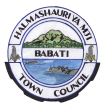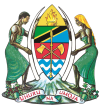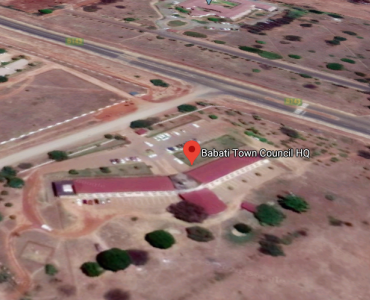- Mwanzo
- Kuhusu sisi
-
Utawala
- Muundo wa Taasisi
-
Idara
- Idara ya Utawala na Usimamizi wa Rasilimaliwatu
- Idara ya Mipango na Uratibu
- Idara ya Huduma za Afya, Ustawi wa Jamii na Lishe
- Idara ya Elimu Sekondari
- Idara ya Elimu ya Awali na Msingi
- Idara ya Kilimo, Mifugo na Uvuvi
- Idara ya Miundombinu, Maendeleo ya Vijijini na Mjini
- Idara ya Maendeleo ya Jamii
- Idara ya Viwanda, Biashara na Uwekezaji
-
Vitengo
- Kitengo cha Huduma za Sheria
- Kitengo cha Ukaguzi wa Ndani
- Kitengo cha TEHAMA
- Kitengo cha Usimamizi wa Ununuzi
- Kitengo cha Uchaguzi
- Kitengo cha Fedha na Uhasibu
- Kitengo cha Mawasiliano Serikalini
- Kitengo cha Michezo, Utamaduni na Sanaa
- Kitengo cha Maliasili na Hifadhi ya Mazingira
- Kitengo cha Usafi na Udhibiti wa Taka Ngumu
- Ofisi ya Mtendaji wa Kata
- Ofisi ya Mtendaji wa Mtaa/Kijiji
- Fursa za Uwekezaji
- Huduma zetu
- Madiwani
- Miradi
- Machapisho
- Kituo cha habari












